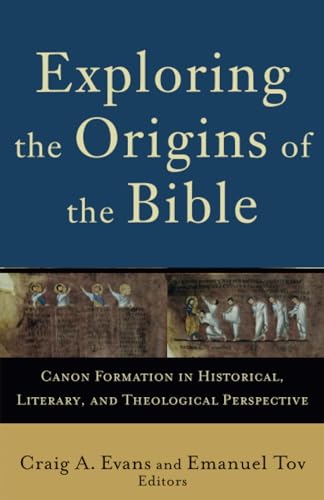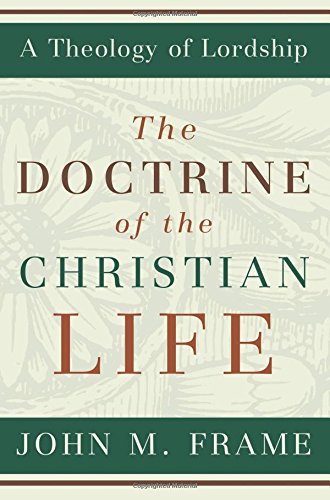John Calvin: A Pilgrim’s Life
Written by Herman J. Selderhuis Reviewed By David RoachToo many scholars have portrayed John Calvin as a stoic who opposed all fun in favor of dry doctrine disconnected from life. John Calvin: A Pilgrim’s Life by Herman Selderhuis is a helpful biography that corrects this mischaracterization. Selderhuis is professor of church history and church polity at the Theological University Apeldoorn in the Netherlands and author of several books, including Calvin’s Theology of the Psalms.
Selderhuis argues that Calvin submitted to God’s providence while simultaneously approaching life with emotion and striving for excellence. He claims to study Calvin “as neither friend nor enemy” (p. 8) and uses letters as his most important source. Ten chapters trace Calvin’s life chronologically and classify each portion of his life with a thematic heading. For example, “Preacher” summarizes the years 1541 to 1546, during which time Calvin preached in Geneva and worked to impose godly order on the church (pp. 110–44). “Widower” describes 1549 to 1551. Selderhuis uses the chapter to explore Calvin’s views on marriage along with his own experience in marriage (pp. 167–88). “Soldier” describes how Calvin fought for the cause of Christ until the last moments of his life (pp. 236–59). The author concludes that Calvin was a sincere and direct man who made an indelible impression on Christianity worldwide.
Selderhuis presents a well-written account not burdened by excessive quotations or references but supported by extensive research. Beginners will find the style accessible while Calvin scholars will find the arguments precise. Selderhuis also helpfully combats common mischaracterizations of Calvin. For instance, he notes that Calvin did not rule Geneva as a tyrant (p. 128) and that “he was more flexible than the usual image of Calvin would lead us to think” (p. 154). Additionally, the author suggests topics for further research. The book’s greatest strength, however, is its ability to inspire Christian devotion through Calvin’s example. After noting that Calvin began each day with prayer, Selderhuis writes, “He prayed a lot because he expected so much from it” (p. 161). To explain Geneva’s transformation into a haven of Christian rest and prosperity, Selderhuis cites Calvin’s persistent Bible teaching: “It is difficult to estimate the influence of the daily exposition of the Bible and the years of biblical teaching given to the youth in Calvin’s Geneva” (p. 211). Such depictions of the Reformer’s commitment to Christ spur laymen and ministers alike to similar discipleship.
Despite its many strengths, the book has a couple of weaknesses. First, the citations are difficult to follow. Rather than footnotes or endnotes, the author lists sources by page in a section at the end of the work. Apart from careful searching, readers could miss the source list altogether. Also, though Selderhuis references arguments from secondary sources, he hardly ever cites those sources. Second, the book’s organizational scheme seems forced at times. In some chapters the material does not all fit the topical heading while in others, Selderhuis departs from his stated time period in order to explore the heading.
Overall, Selderhuis presents a helpful portrait of Calvin as scholar, pastor, friend, and family man. Scholars and students alike would do well to add this book to their libraries.
David Roach
The Southern Baptist Theological Seminary
Louisville, Kentucky, USA
Other Articles in this Issue
We begin with a question of translation. Many translations place a period after the word “conviction” in 1 Thess 1:5: “in power and in the Holy Spirit and with full conviction...
The Inexhaustible Fountain of All Good Things: Union with Christ in Calvin on Ephesians
by Lee GatissJuly 10, 2009 was the 500th birthday of the acclaimed French Reformer John Calvin...
The name of Martin Luther is perpetually linked to the doctrine of justification by faith alone...
Of the many questions currently surrounding the discussion about justification, the relationship between justification and spiritual fruit merits attention...
Every year a few students ask me my thoughts about whether they should pursue doctoral studies and I respond with what has come to be known as ‘The Speech...







